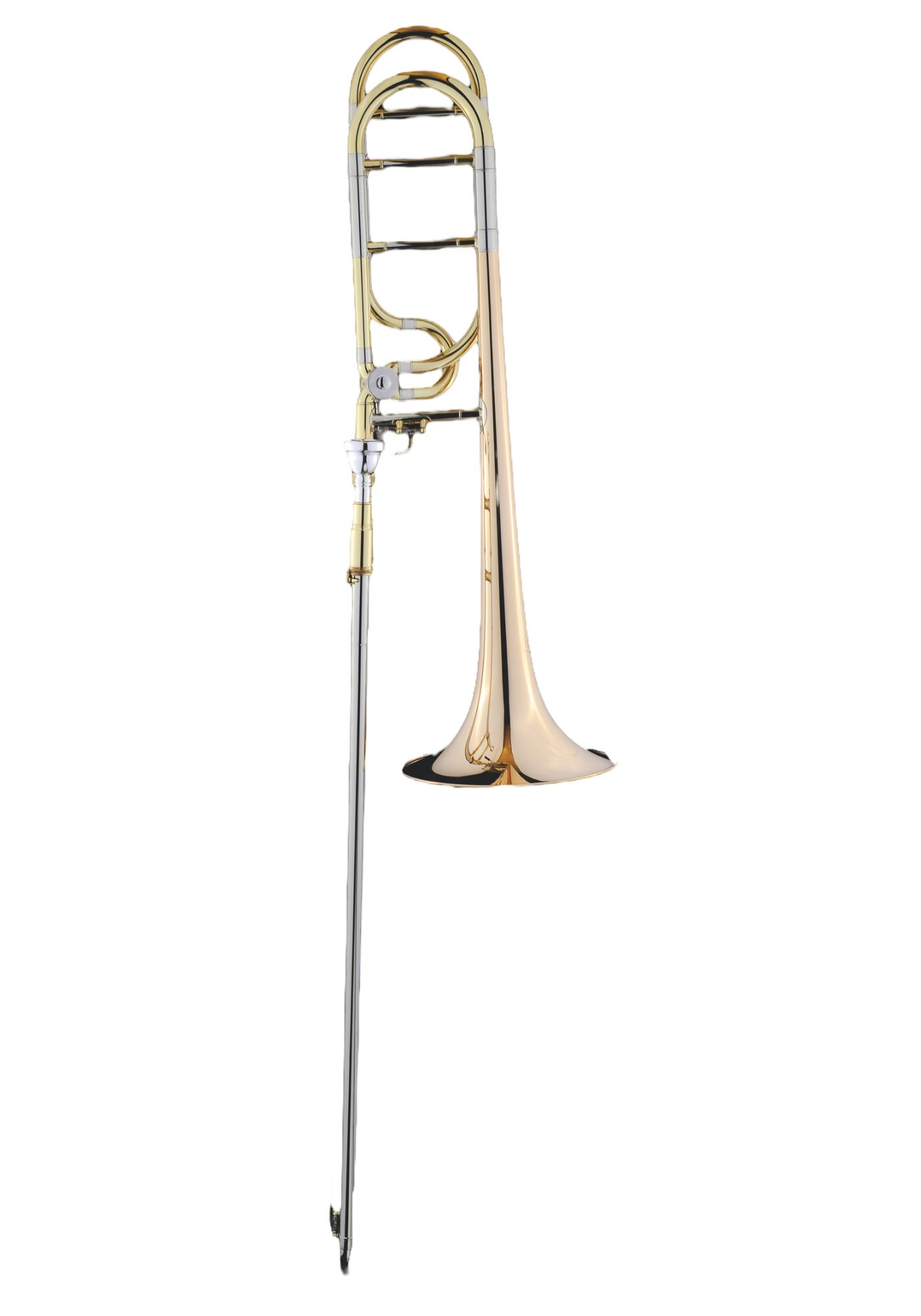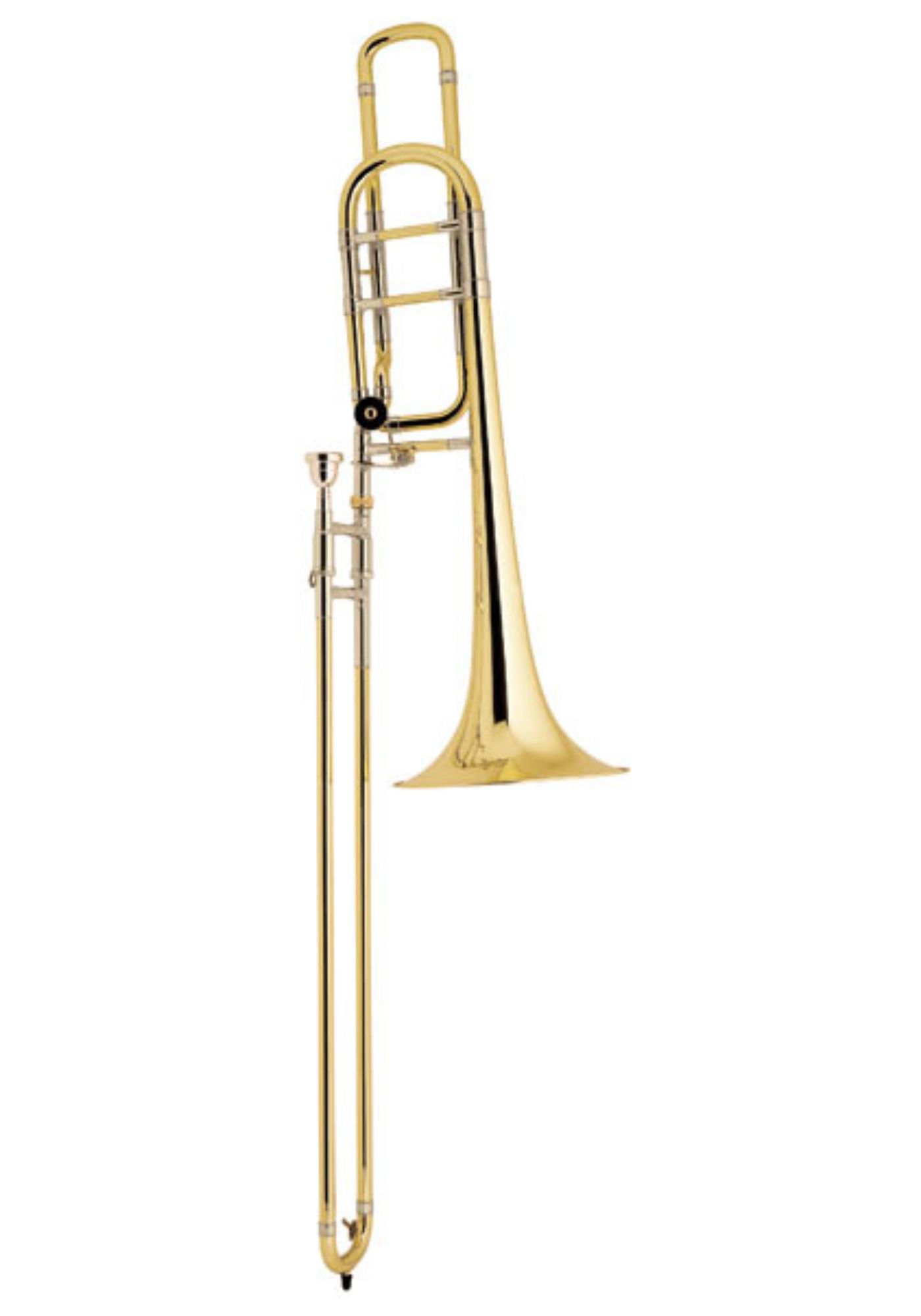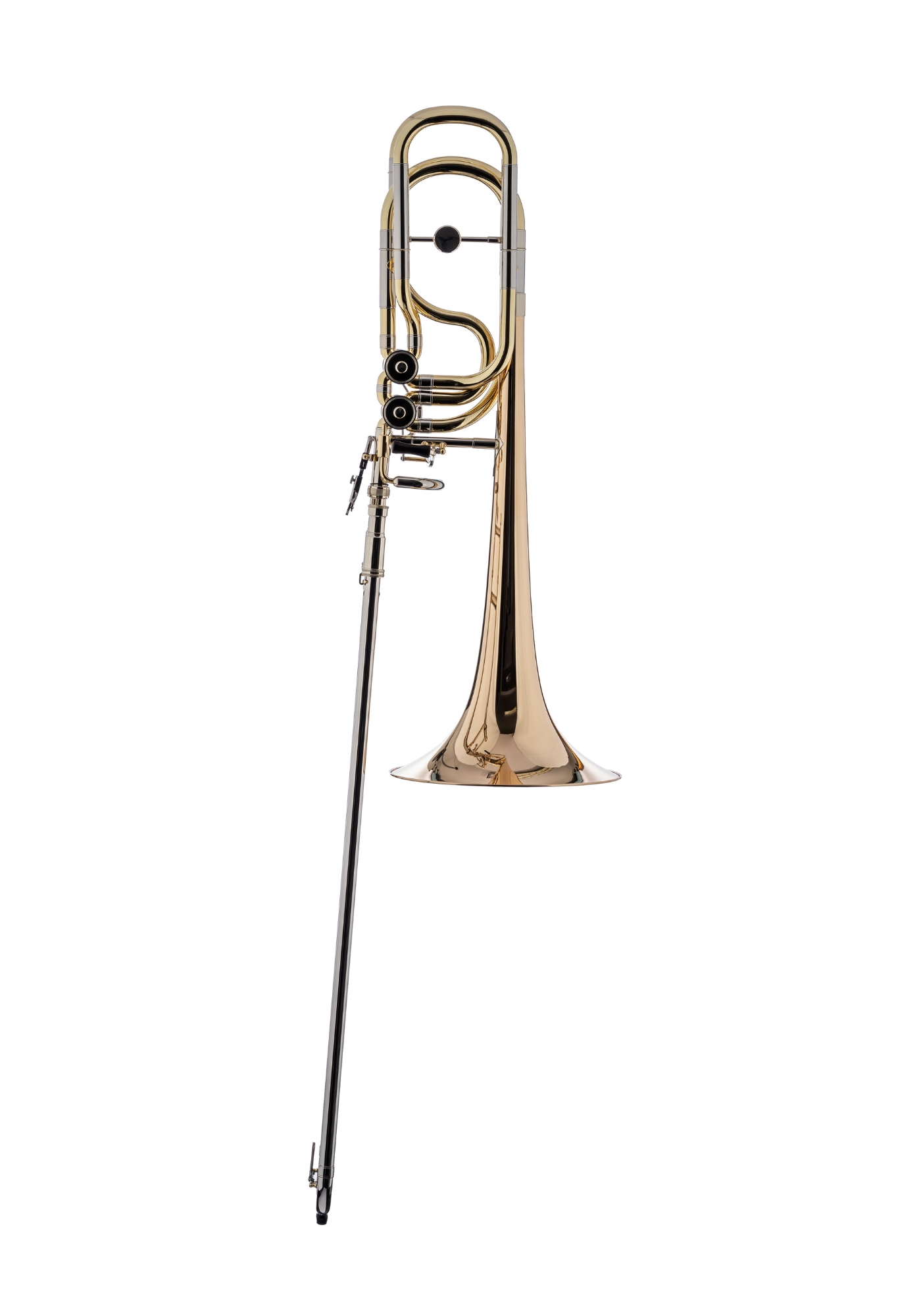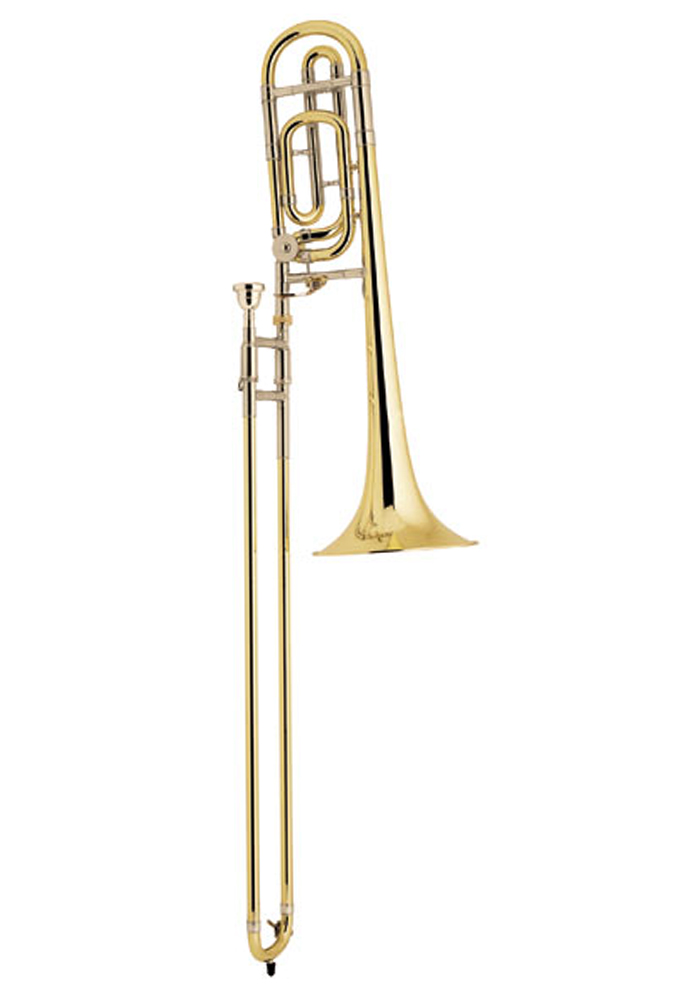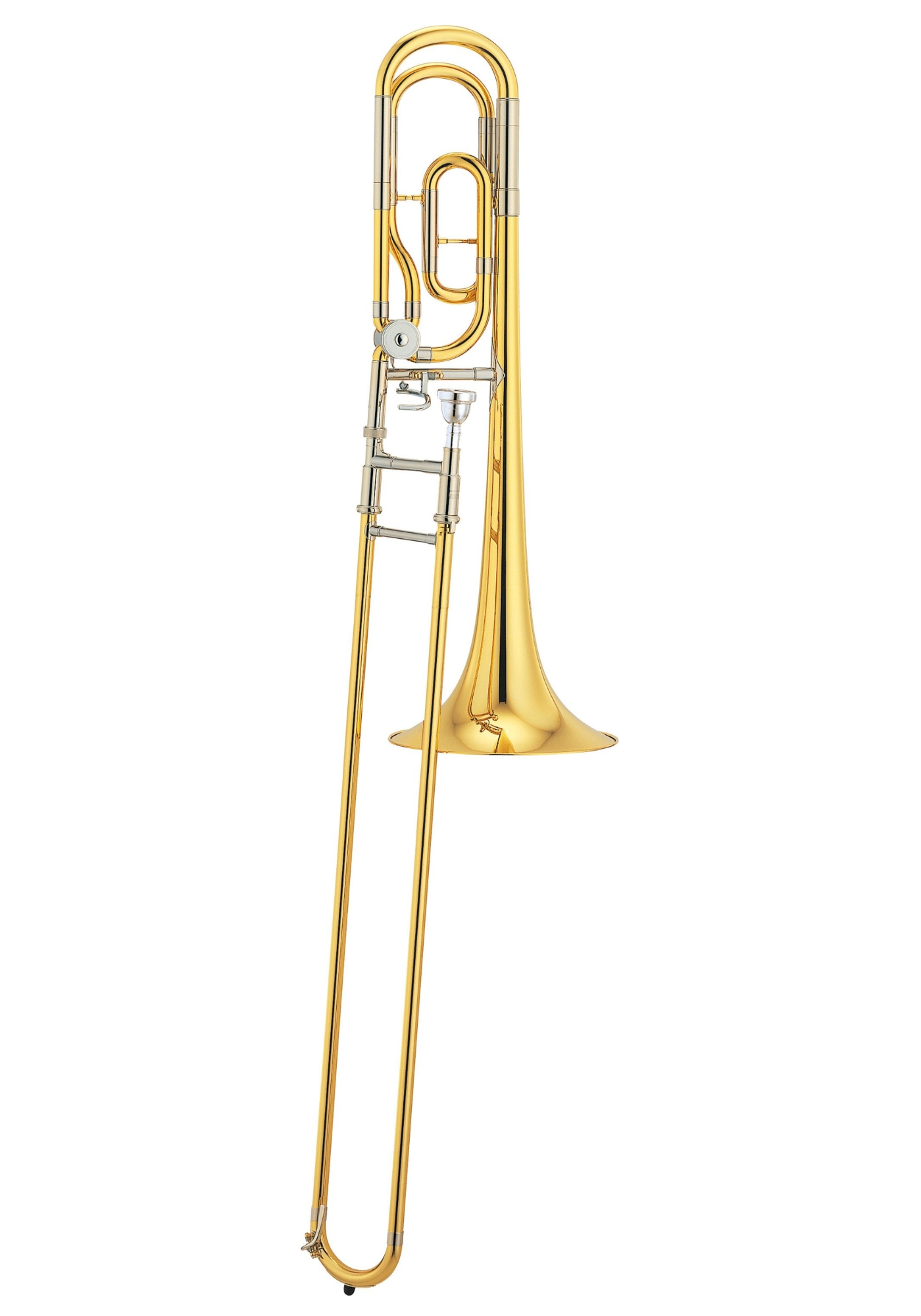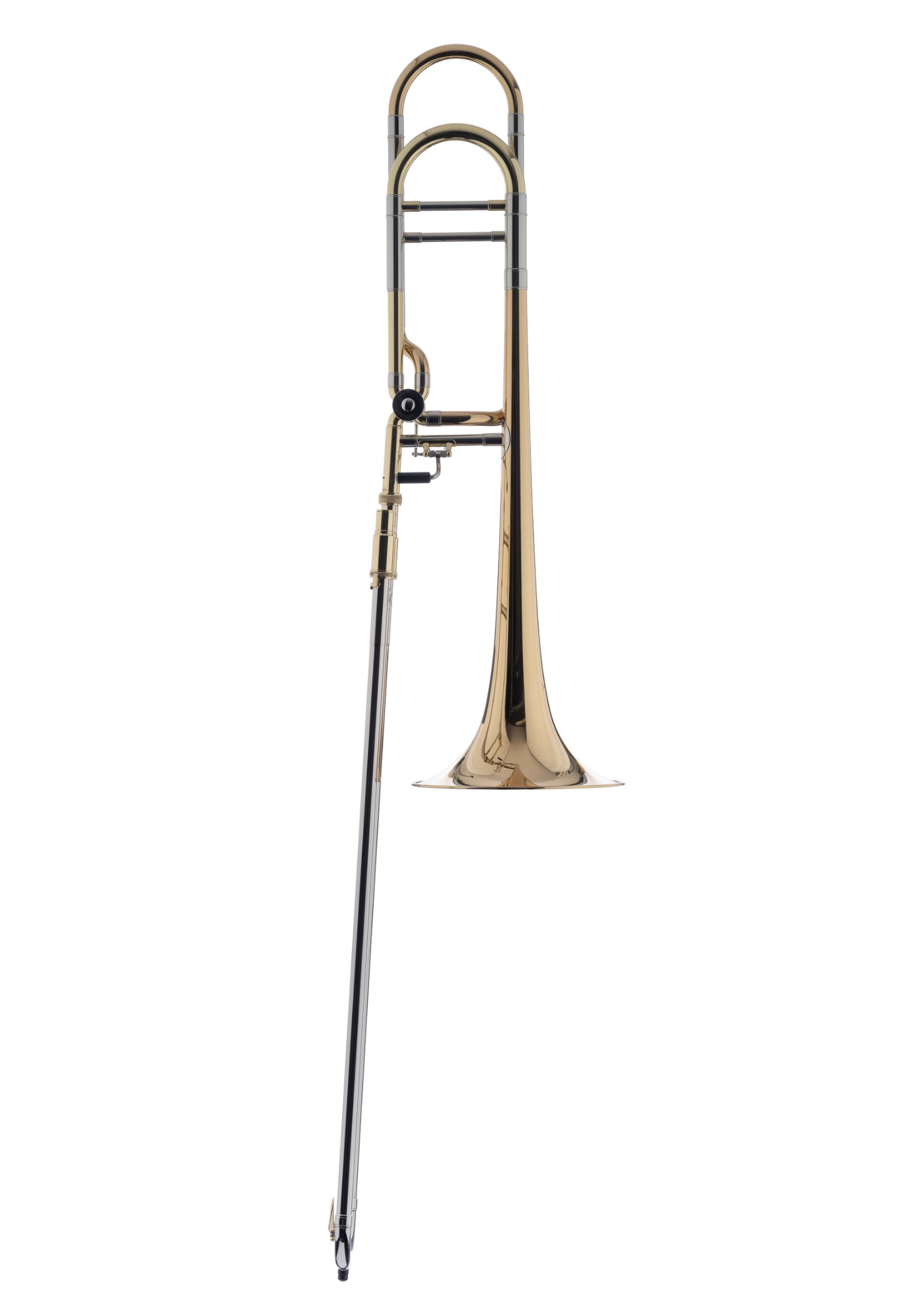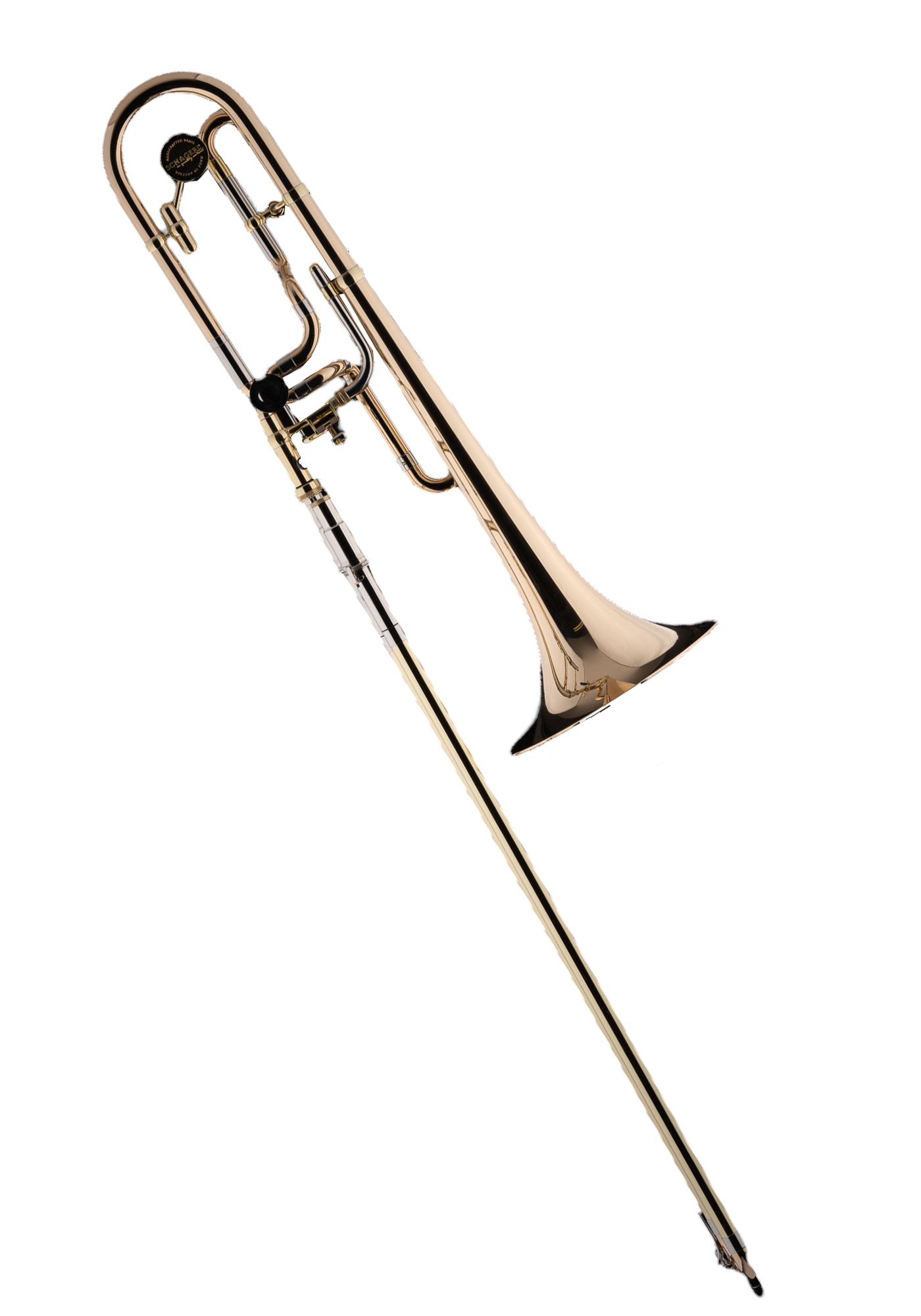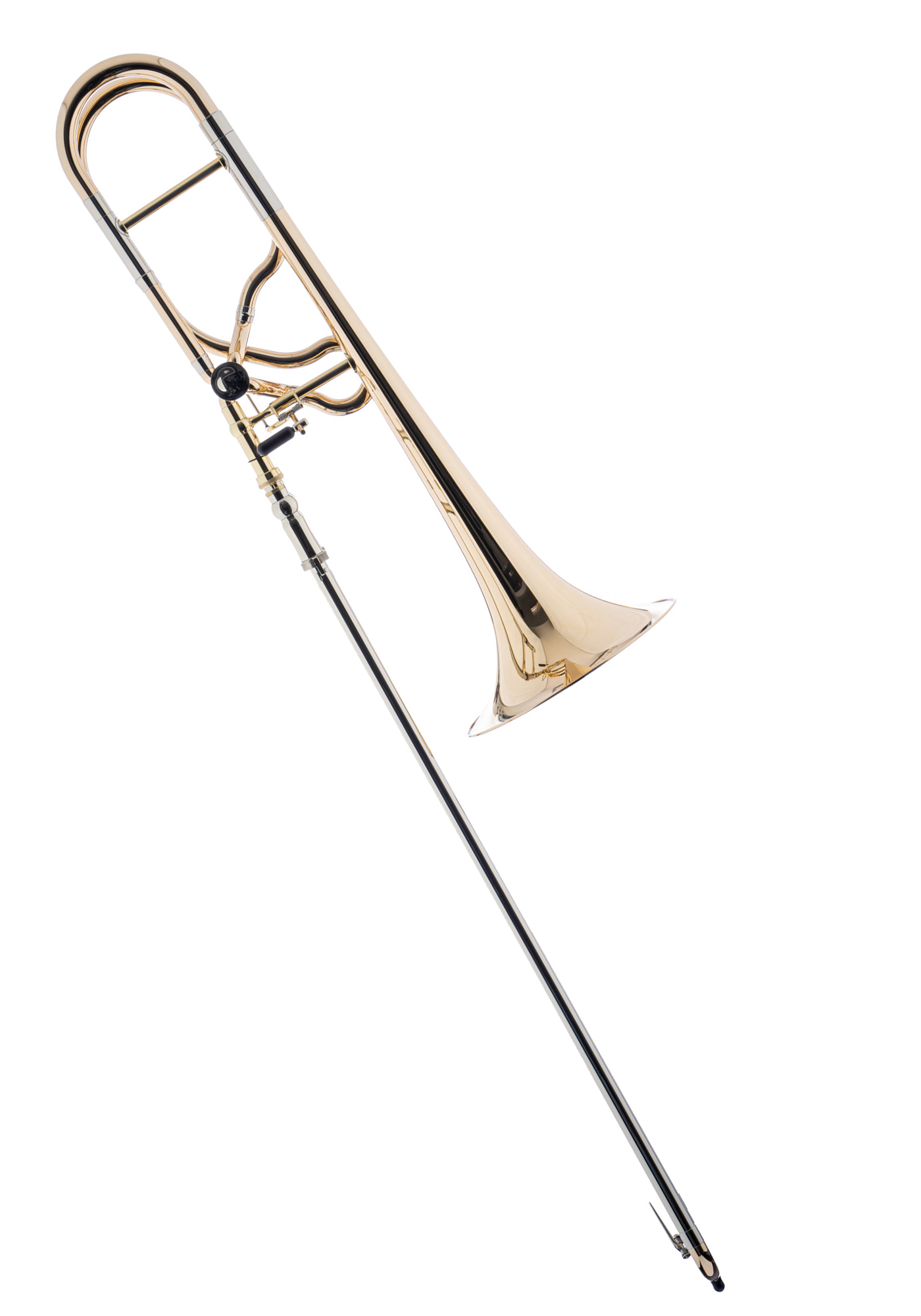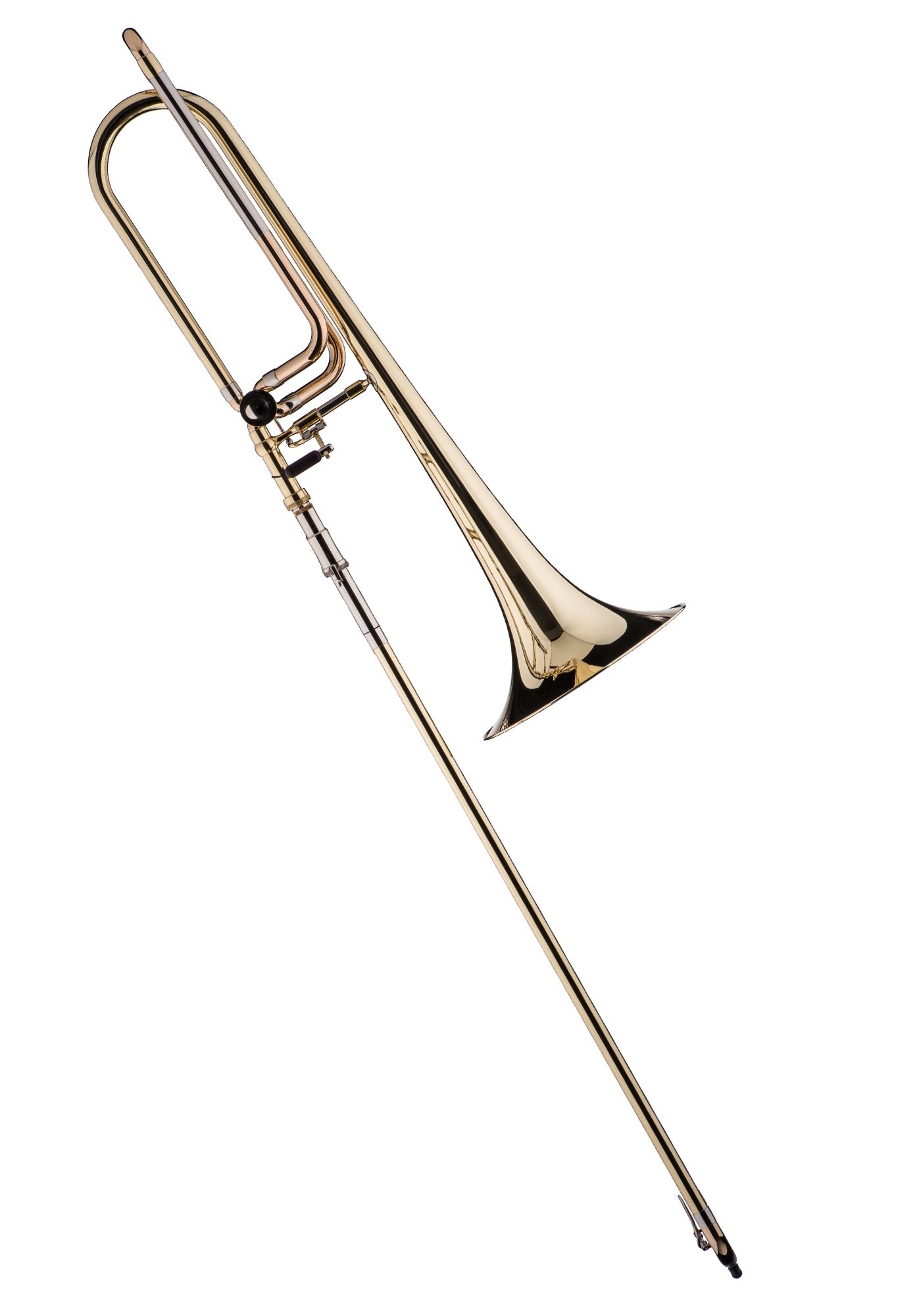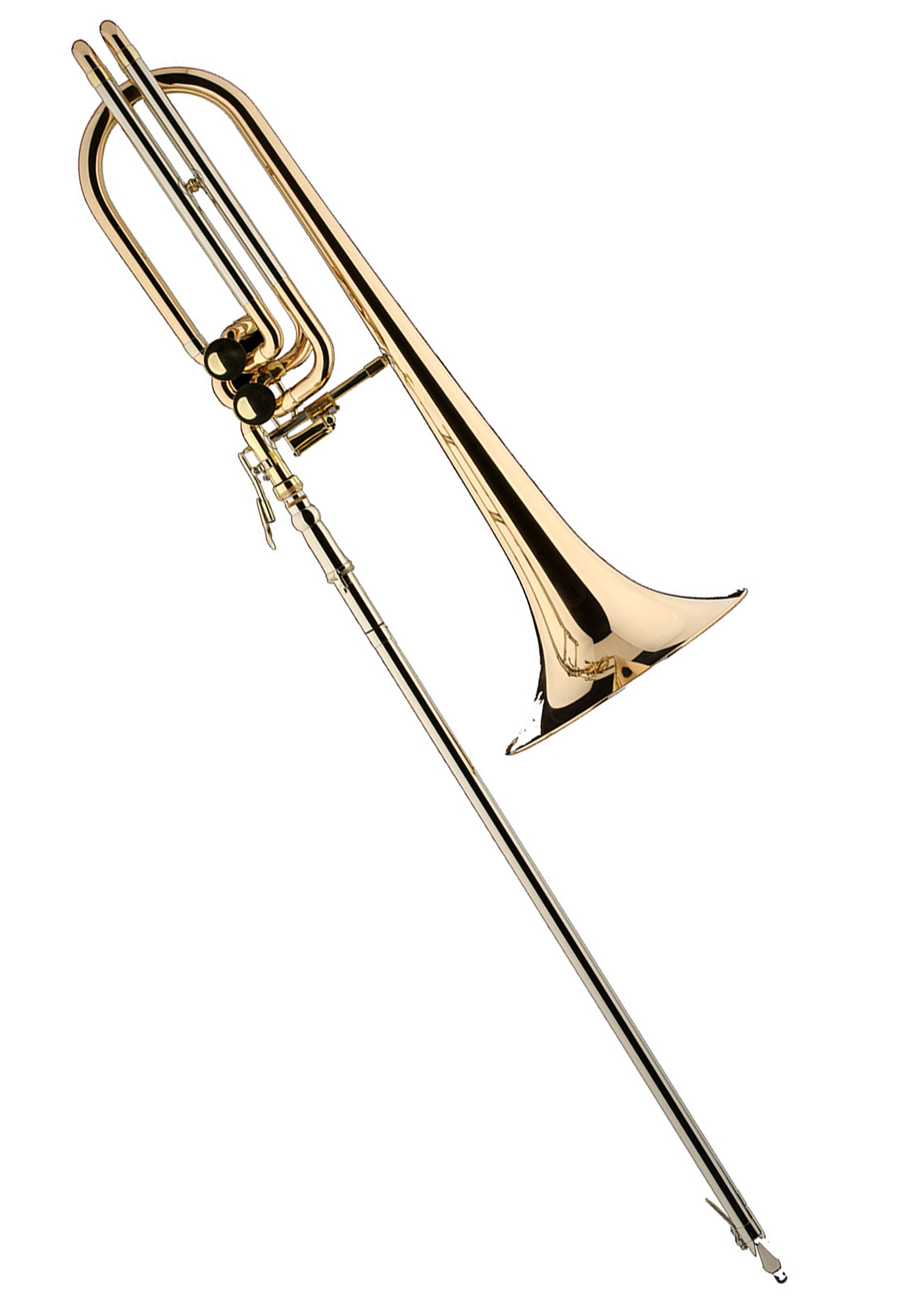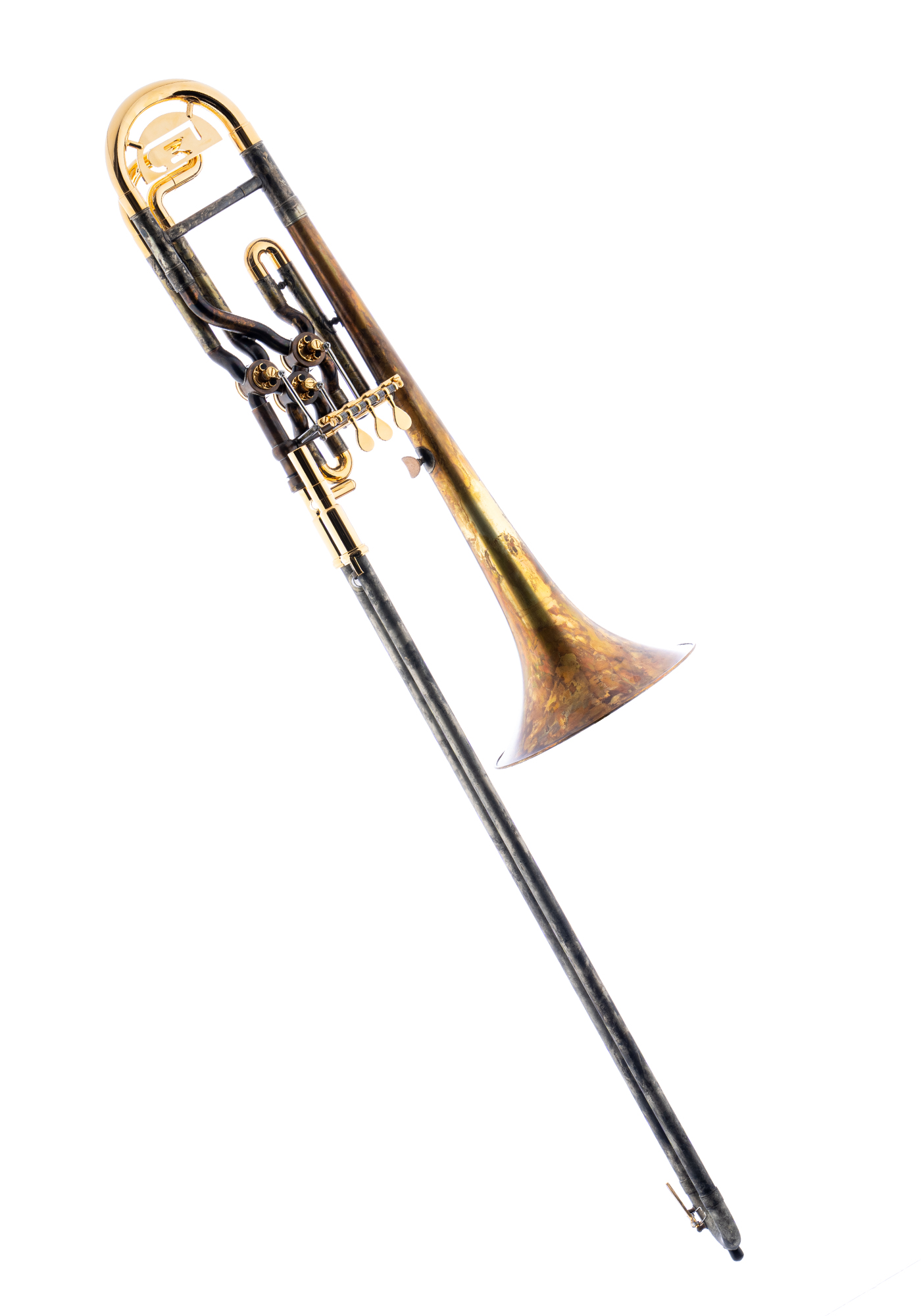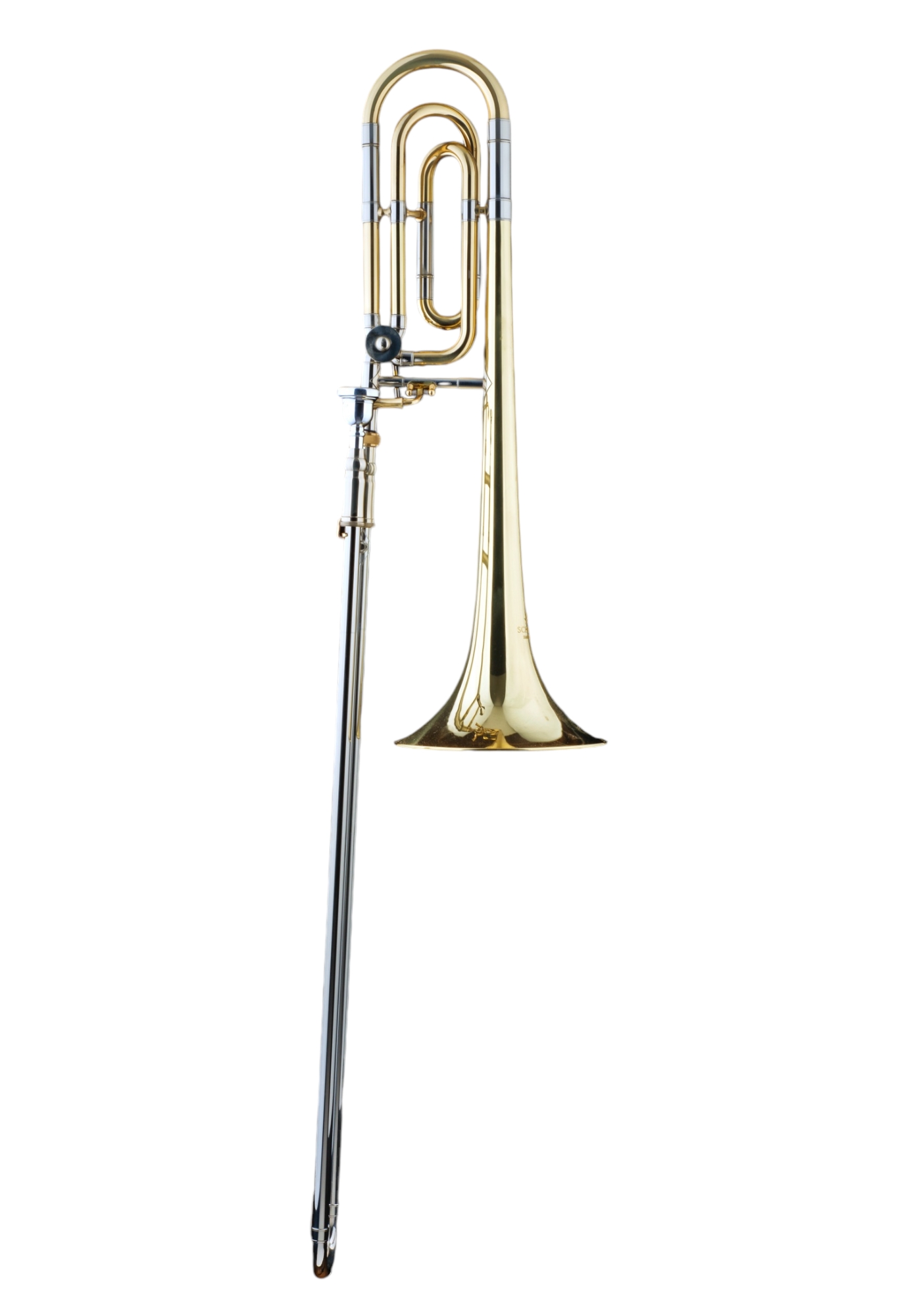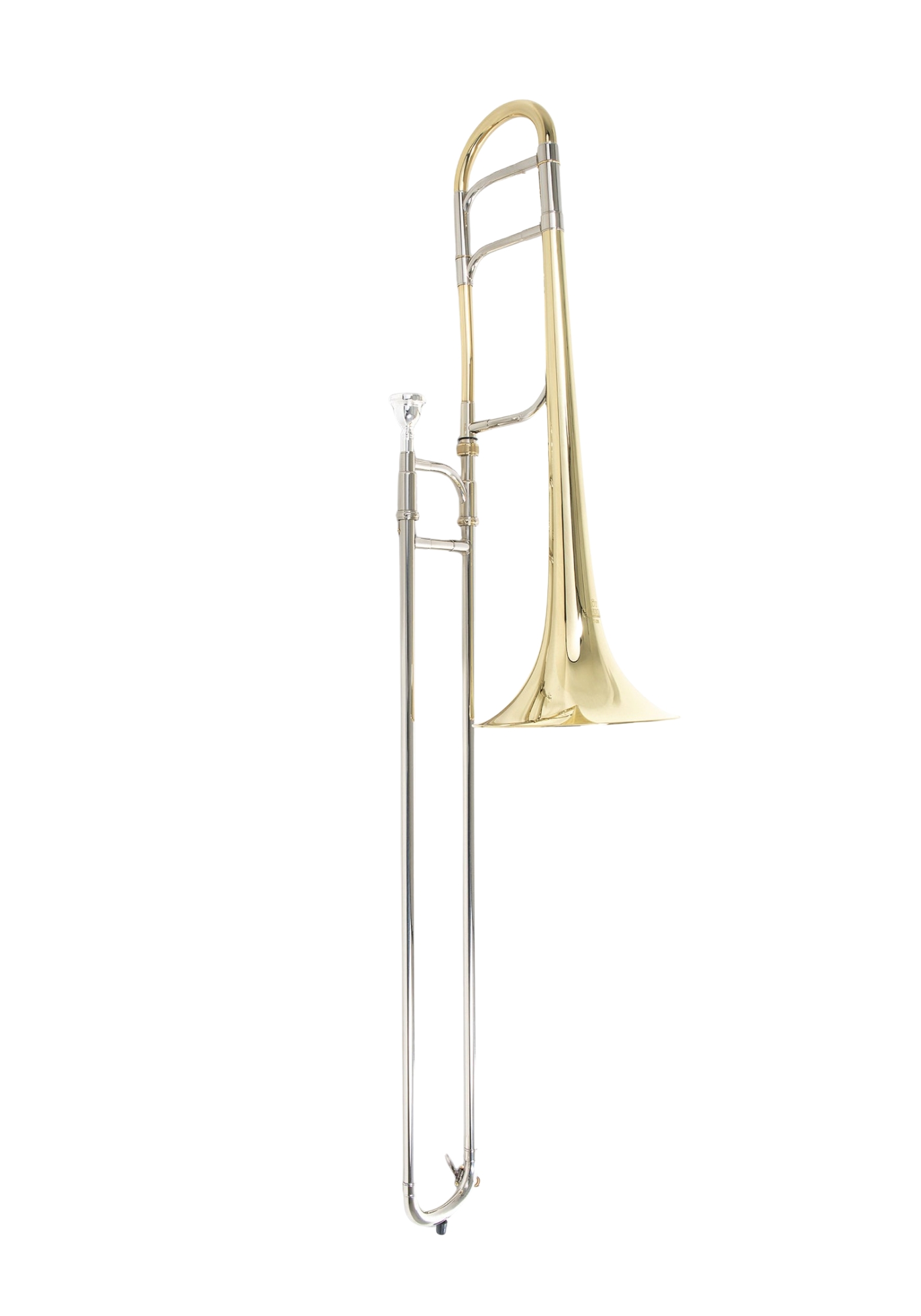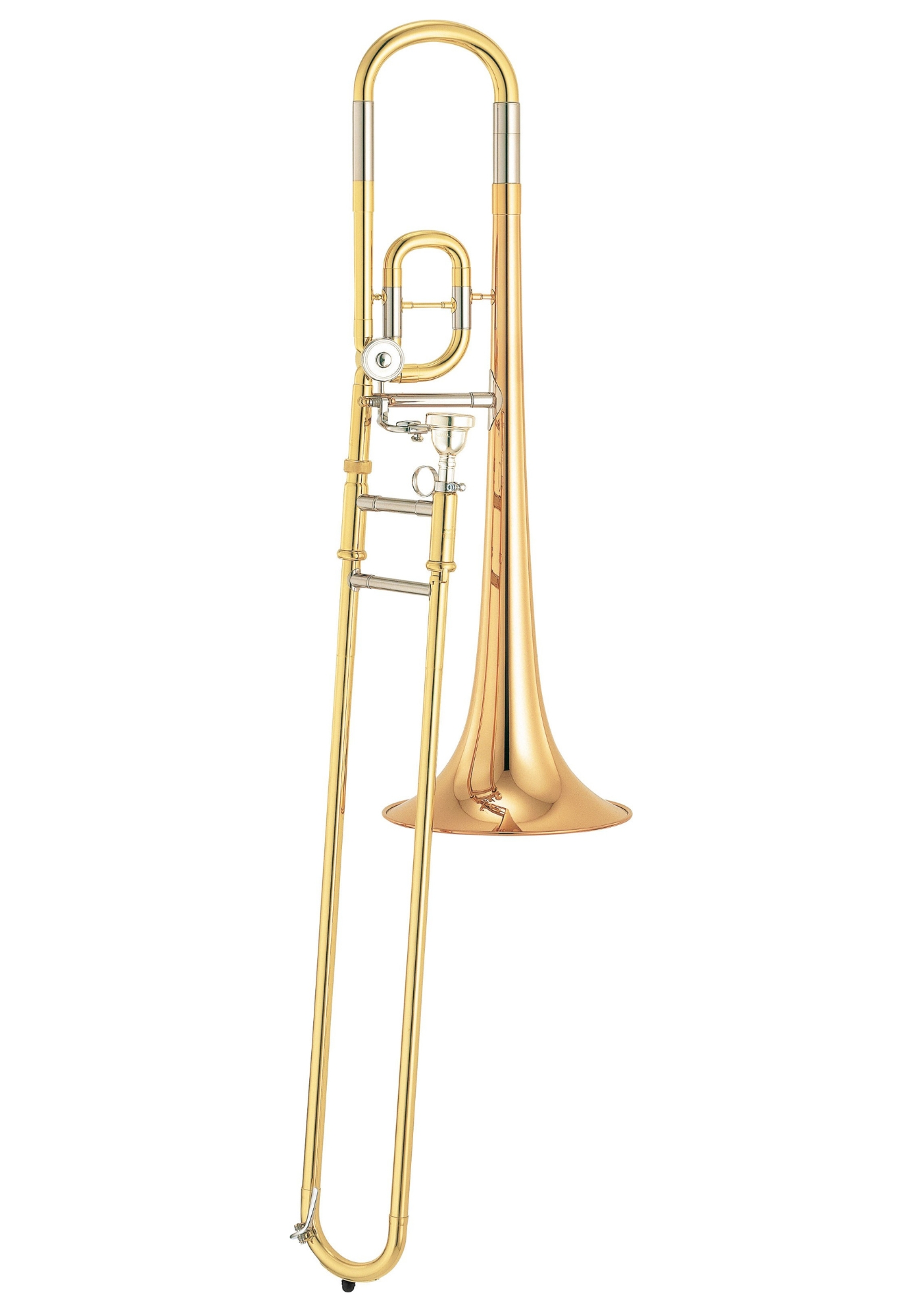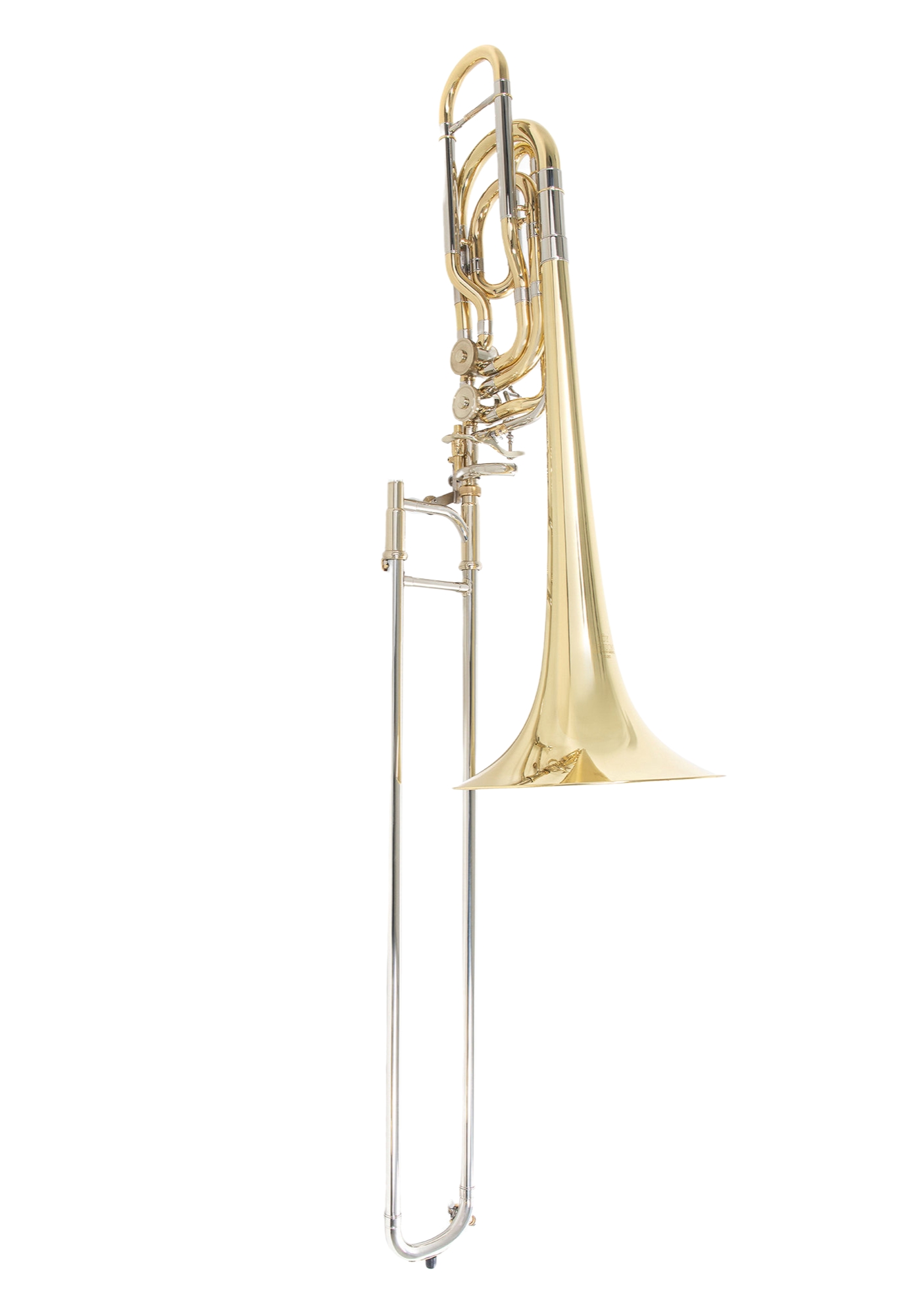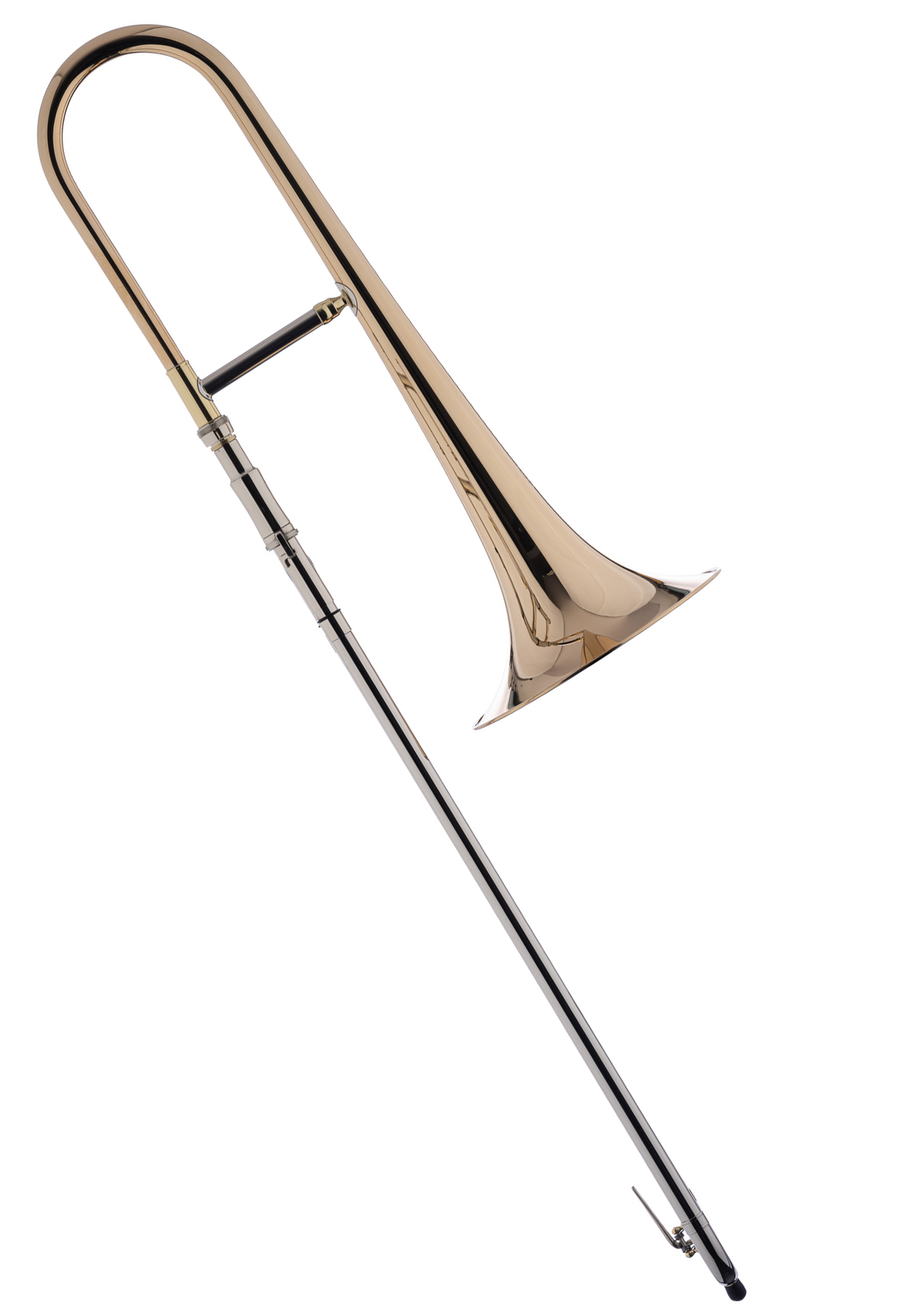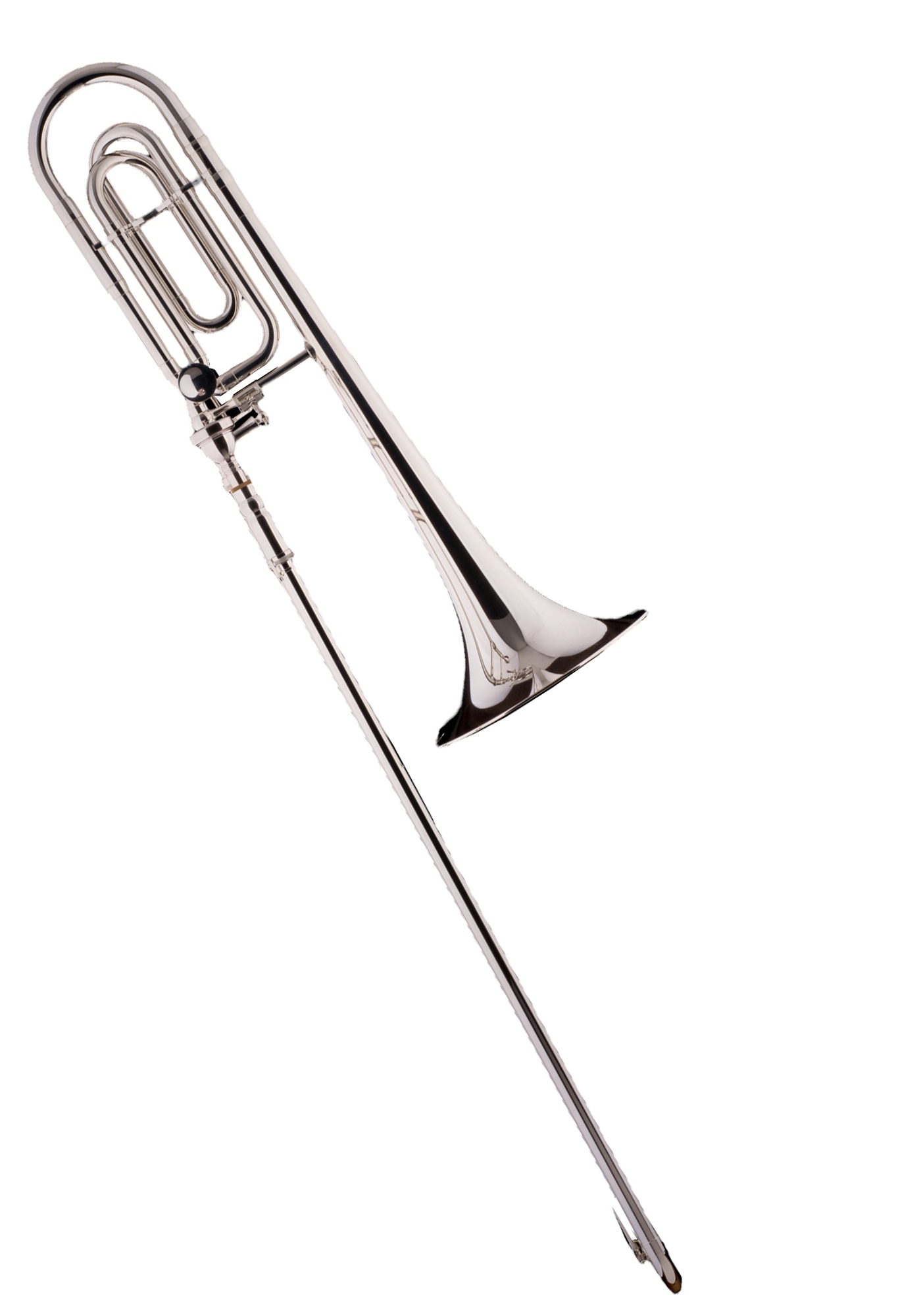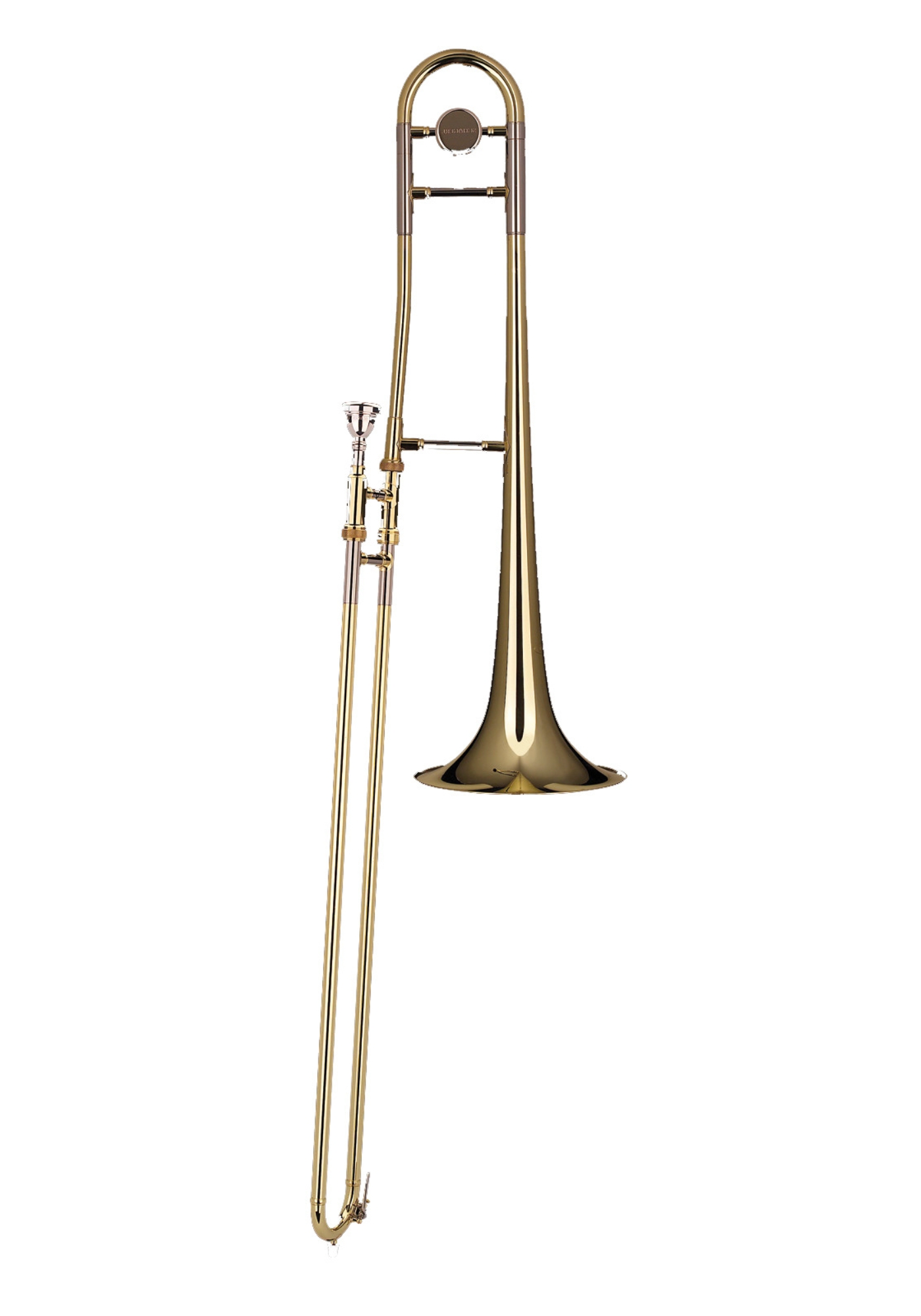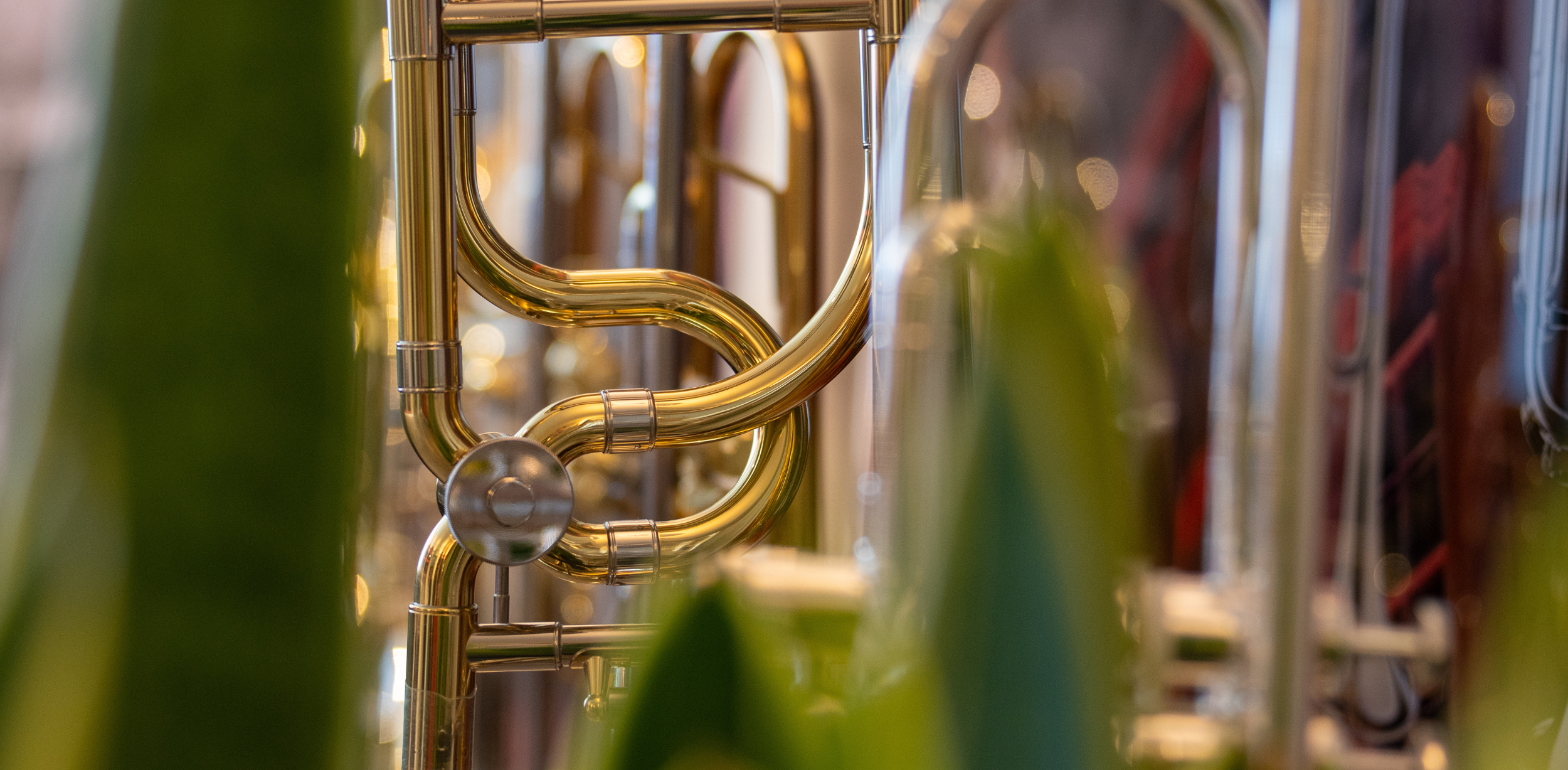
Trombones
in stock
in stock
in stock
in stock
in stock
in stock
in stock
in stock
in stock
in stock
in stock
in stock
in stock
in stock
Free shipping
in stock
Free shipping
in stock
Free shipping
in stock
Free shipping
in stock
delivery time: 10-14 days
delivery time: 6 months
Free shipping
delivery time: 2-3 months
Free shipping
in stock
delivery time: 8-12 weeks
delivery time: 8-12 weeks
delivery time: 8-12 weeks
Trombone - The versatile sound artist among brass instruments
The special features of the trombone
The history of the trombone
The different types of trombones
Tenor trombone: The most common type, ideal for solo and ensemble performances. It has a medium range and is often used in orchestral and jazz music.
Bass trombone: This trombone has a deeper sound and a wider range than the tenor trombone. It is often used in orchestras and brass bands to amplify the lower notes.
Alto trombone: This smaller trombone is tuned higher and is mainly used in baroque music.
Valve trombone: A variant of the trombone that is equipped with valves instead of a slide. It is particularly popular in brass music and enables faster playing as there is no slide mechanism.
Tips for beginners:
How to get started playing the trombonePlaying the trombone requires a precise breathing technique and the correct use of the slide. Here are some tips for beginners:
Choose a tenor trombone as a beginner's model: The tenor trombone is ideal for beginners as it is easier to play and versatile.
Breathing exercises for a powerful sound: Intensive breathing training is important in order to master the full sound of the trombone.
Practise your slide technique: The continuous tone change requires practice to hit notes precisely. Initially, a teacher or an experienced trombonist can help you learn the correct technique.
Caring for the trombone: Regular cleaning of the instrument and greasing the slide ensure smooth playing and a long service life.
Patience and perseverance: Playing the trombone takes time and patience, as the slide control must be precise and the breathing technique must be continuously improved.
Frequently asked questions about the trombone
Playing the trombone requires a lot of practice, especially the correct breathing technique and handling the slide. However, with regular training and professional guidance, it can be mastered easily.
2. How much does a good beginner's trombone cost?
Good beginner trombones are available from around €500. Higher-quality models can cost several thousand euros, but are usually not necessary for beginners.
3. Which trombone is suitable for beginners?
The tenor trombone is recommended for beginners as it is easier to play and is well suited to various musical genres.
4. Which musical styles use the trombone?
The trombone is particularly popular in classical music and jazz, but is also frequently used in brass band music, pop music and modern productions.
5. How do you look after a trombone properly?
A trombone should be cleaned regularly and the slide greased. It is also important to dry the inside of the instrument after playing to prevent corrosion.
Buy Trombones at Schagerl:
Large selection: Schagerl offers a wide range of products, from cornets to an extensive range of accessories. This variety means that every musician can discover the right instrument for their style and requirements.Expert advice: Schagerl employs experienced musicians and specially trained staff who offer professional and personalised advice. Whether beginner or professional, every customer receives the support they need to find the perfect instrument.
Best customer service: Customer service at Schagerl stands for reliability and commitment. In addition to personalised advice, customers also benefit from services such as repairs, maintenance and the purchase of accessories, which makes the entire purchasing process uncomplicated and pleasant.

